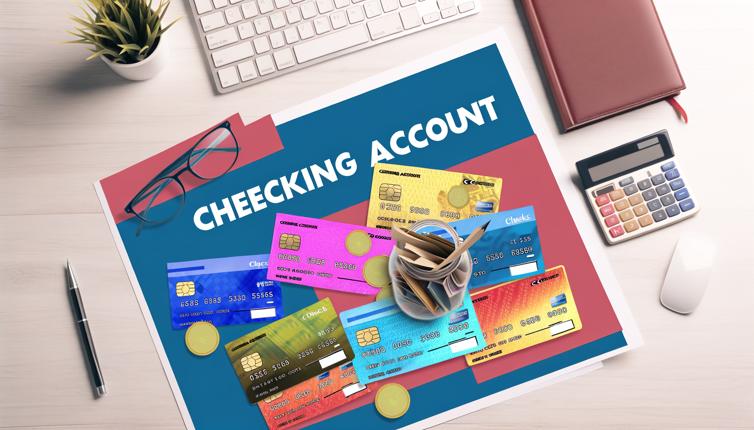1. Determine Your Savings Goals
Before you start looking for a savings account, it's important to determine your savings goals. Are you saving for a short-term goal, like a vacation or a down payment on a car? Or are you saving for a long-term goal, such as retirement or your child's education? Understanding your savings goals will help you choose an account that aligns with your needs.,If you're saving for a short-term goal, you may want to consider a savings account that offers a higher interest rate. However, if you're saving for a long-term goal, you may want to explore other investment options, such as a certificate of deposit (CD) or an individual retirement account (IRA).,Take some time to think about what you're saving for and how much you can afford to put away each month. This will give you a better idea of the type of savings account that will work best for you.
2. Consider Interest Rates and Fees
One of the most important factors to consider when choosing a savings account is the interest rate. Look for an account that offers a competitive rate, as this will determine how much your money will grow over time. Keep in mind that interest rates can vary, so it's a good idea to compare rates from different banks or credit unions.,In addition to interest rates, you should also consider any fees associated with the account. Some common fees to look out for include monthly maintenance fees, ATM fees, and overdraft fees. Make sure to read the fine print and understand the fees before opening an account.,Ideally, you want to find a savings account with a high interest rate and low fees. This will allow you to maximize your savings and avoid unnecessary charges.
3. Evaluate Account Access and Convenience
Another factor to consider is the access and convenience of the savings account. Do you prefer to bank online or would you rather have access to a physical branch? Are you able to easily transfer funds between your checking and savings accounts? These are important questions to ask yourself when choosing an account.,Many banks and credit unions offer online and mobile banking options, which can make it easier to manage your savings. Look for features like online bill pay, mobile check deposit, and automatic transfers. These tools can help you save time and stay organized.,Additionally, consider the bank or credit union's ATM network. Are there ATMs conveniently located near you? Will you be charged fees for using out-of-network ATMs? These are important factors to consider, especially if you frequently need access to cash.
4. Research the Bank or Credit Union
Before opening a savings account, it's a good idea to research the bank or credit union that is offering the account. Look for information about their reputation, financial stability, and customer service. You want to choose a bank or credit union that you can trust with your money.,Check online reviews and ratings to get an idea of other customers' experiences. You may also want to consider the bank or credit union's physical presence. Do they have branches and ATMs in your area? Are their online and mobile banking platforms user-friendly?,By doing your homework, you can feel confident that you're choosing a reliable institution to entrust your savings.
Conclusion
Choosing the best savings account for your needs requires careful consideration of your savings goals, interest rates, fees, account access, and the reputation of the bank or credit union. By taking the time to evaluate these factors, you can find an account that will help you reach your financial goals and secure your financial future.









